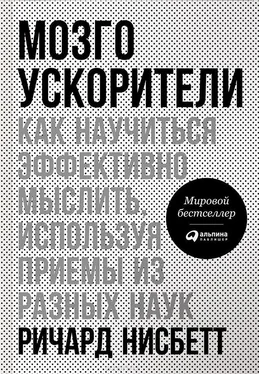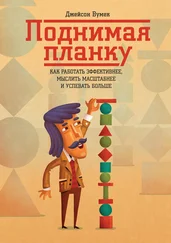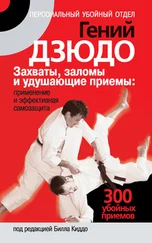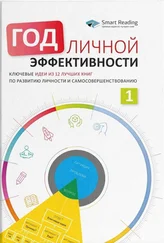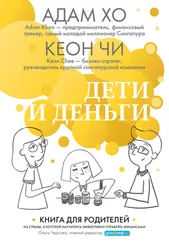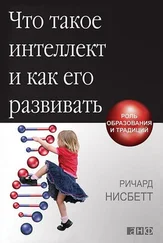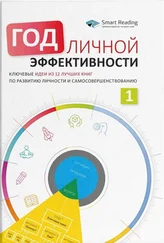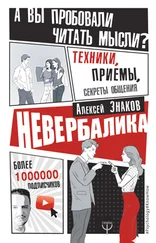Larrick, Richard P., J.N. Morgan, and R.E. Nisbett. “Teaching the Use of Cost-Benefit Reasoning in Everyday Life.” Psychological Science 1 (1990): 362-70.
Thaler, Richard H., and C.R. Sunstein. Nudge: Improving Decisions About Health, Wealth, and Happiness. New York: Penguin Books, 2008.
Kahneman, Daniel, Jack L. Knetch, and Richard H. Thaler. “Experimental Tests of the Endowment Effect and the Coase Theorem.” In Tastes for Endowment, Identity, and the Emotions, vol. 3 of The New Behavioral Economics, edited by E. L. Khalil, 119-42. International Library of Critical Writings in Economics. Cheltenham, U. K.: Elgar, 2009.
Kahneman, Daniel. Thinking, Fast and Slow. New York: Farrar, Straus and Giroux, 2011.
Fryer, Roland G., Steven D. Levitt, John List, and Sally Sadoff. “Enhancing the Efficacy of Teacher Incentives Through Loss Aversion: A Field Experiment.” National Bureau of Economic Research Working Paper No. 18237, 2012.
Kahneman, Daniel. Thinking, Fast and Slow. New York: Farrar, Straus and Giroux, 2011.
Samuelson, William, and Richard J. Zeckhauser. “Status Quo Bias in Decision Making.” Journal of Risk and Uncertainty 1 (1988): 7-59.
Thaler, Richard H., and C. R. Sunstein. Nudge: Improving Decisions About Health, Wealth, and Happiness. New York: Penguin Books, 2008.
Thaler, Richard H., and C. R. Sunstein. Nudge: Improving Decisions About Health, Wealth, and Happiness. New York: Penguin Books, 2008.
Investment Company Institute. “401 (К) Plans: A 25-Year Retrospective.” 2006, http://www.ici.org/pdf/perl202.pdf.
Thaler, Richard H., and C.R. Sunstein. Nudge: Improving Decisions About Health, Wealth, and Happiness. New York: Penguin Books, 2008.
Madrian, Brigitte C., and Dennis F. Shea. “The Power of Suggestion: Inertia in 401 (K) Participation and Savings Behavior.” Quarterly Journal of Economics 116, no. 4 (2001): 1149-1225.
Benartzi, Shlomo, and Richard H. Thaler. “Heuristics and Biases in Retirement Savings Behavior.” Journal of Economic Perspectives 21 (2007): 81-104.
Iyengar, Sheena S., and Mark R. Lepper. “When Choice Is Demotivating: Can One Desire Too Much of a Good Thing?” Journal of Personality and Social Psychology 79 (2000) : 995-1006.
Thaler, Richard H., and C.R. Sunstein. Nudge: Improving Decisions About Health, Wealth, and Happiness. New York: Penguin Books, 2008.
Thaler, Richard H., and C.R. Sunstein. Nudge: Improving Decisions About Health, Wealth, and Happiness. New York: Penguin Books, 2008.
Schultz, Р. Wesley, J. М. Nolan, R. В. Cialdini, N.J. Goldstein, and V. Griskevicius. “The Constructive, Destructive, and Reconstructive Power of Social Norms.” Psychological Science 18 (2007): 429-34.
Perkins, H. Wesley, Michael P. Haines, and Richard Rice. “Misperceiving the College Drinking Norm and Related Problems: A Nationwide Study of Exposure to Prevention Information, Perceived Norms and Student Alcohol Misuse.” Journal of Studies on Alcohol 66 (2005): 470-78.
Goldstein, Noah J., Robert B. Cialdini, and Vladas Griskevicius. “A Room with a Viewpoint: Using Social Norms to Motivate Environmental Conservation in Hotels.” Journal of Consumer Research 35 (2008): 472-82.
Lepper, Mark R., David Greene, and Richard E. Nisbett. “Undermining Children’s Intrinsic Interest with Extrinsic Reward: A Test of the Overjustifi cation Hypothesis.” Journal of Personality and Social Psychology 28 (1973): 129-37.
Lehman, Darrin R., Richard O. Lempert, and Richard E. Nisbett. “The Effects of Graduate Training on Reasoning: Formal Discipline and Thinking About Everyday Life Events.” American Psychologist 43 (1988): 431-43.
Kuncel, Nathan R., Sarah A. Hezlett, and Deniz S. Ones. “A Comprehensive Meta-Analysis of the Predictive Validity of the Graduate Record Examinations: Implications for Graduate Student Selection and Performance.” Psychological Bulletin 127 (2001): 162-81.
Kunda and Nisbett, “The Psychometrics of Everyday Life.”
Rein, Martin, and Lee Rainwater. "How Large Is the Welfare Class?" Challenge (Sep-Oct 1977): 20-33.
Kahneman, Daniel. Thinking, Fast and Slow. New York: Farrar, Straus and Giroux, 2011.
Smedslund, Jan. “The Concept of Correlation in Adults.” Scandinavian Journal of Psychology 4 (1963): 165-73.
Zagorsky, Jay L. “Do You Have to Be Smart to Be Rich? The Impact of IQ on Wealth, Income and Financial Distress.” Intelligence 35 (2007): 489-501.
Kuncel, Nathan R., Sarah A. Hezlett, and Deniz S. Ones. “A Comprehensive Meta-Analysis of the Predictive Validity of the Graduate Record Examinations: Implications for Graduate Student Selection and Performance.” Psychological Bulletin 127 (2001): 162-81.
Chapman, Loren J., and Jean P. Chapman. “Genesis of Popular but Erroneous Diagnostic Observations.” Journal of Abnormal Psychology 72 (1967): 193-204.
Chapman, Loren J., and Jean P. Chapman. “Genesis of Popular but Erroneous Diagnostic Observations.” Journal of Abnormal Psychology 72 (1967): 193-204.
Seligman, Martin E. P. “On the Generality of the Laws of Learning.” Psychological Review 77 (1970): 127-90.
Jennings, Dennis, Teresa М. Amabile, and Lee Ross. “Informai Covariation Assessment: Data-Based Vs. Theory-Based Judgments.” In Judgment Under Uncertainty: Heuristics and Biases, edited by Amos Tversky and Daniel Kahneman. New York: Cambridge University Press, 1980.
Valochovic, R. W., С. W. Douglass, С. S. Berkey, В. J. McNeil, and H. H. Chauncey. “Examiner Reliability in Dental Radiography.” Journal of Dental Research 65 (1986): 432-36.
Keel, B. A. “How Reliable Are Results from the Semen Analysis?” Fertility and Sterility 82 (2004): 41-44.
Lu, J-C, F. Chen, H-R Xu, and N-Q Lu. "Comparison of Three Sperm-Counting Methods for the Determination of Sperm Concentration in Human Semen and Sperm Suspensions." LabMedicine 38(2007): 232-36.
Kunda, Ziva, and Richard E. Nisbett. "Prediction and the Partial Understanding of the Law of Large Numbers." Journal of Experimental Social Psychology 22 (1986): 339-54.
Kunda, Ziva, and Richard E. Nisbett. "Prediction and the Partial Understanding of the Law of Large Numbers." Journal of Experimental Social Psychology 22 (1986): 339-54.
Fong, Geoffrey T., David H. Krantz, and Richard E. Nisbett. "The Effects of Statistical Training on Thinking About Everyday Problems." Cognitive Psychology 18 (1986): 253-92.
Читать дальше
Конец ознакомительного отрывка
Купить книгу
